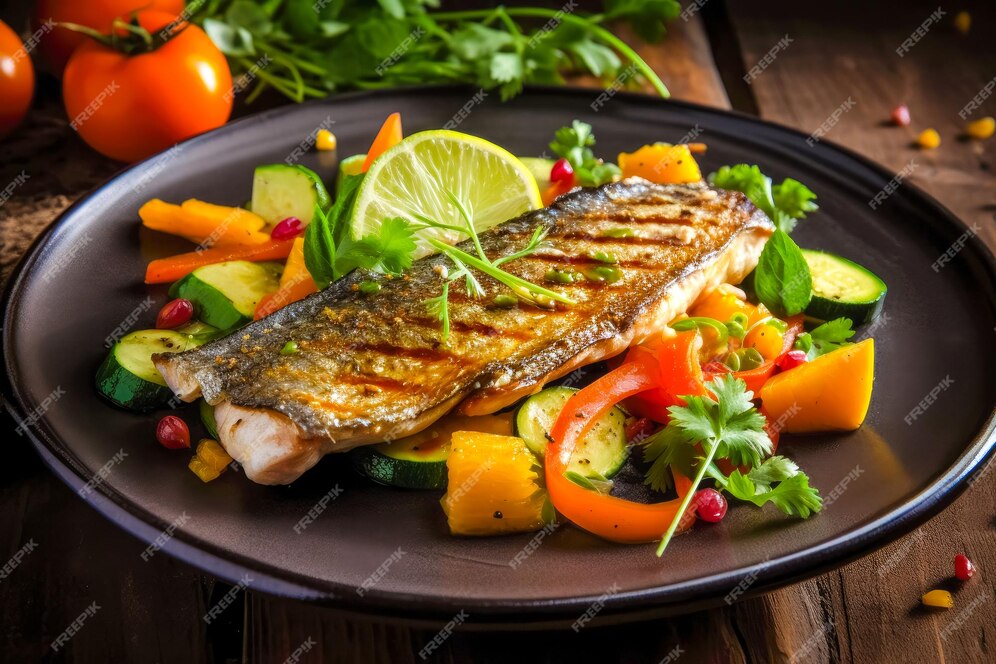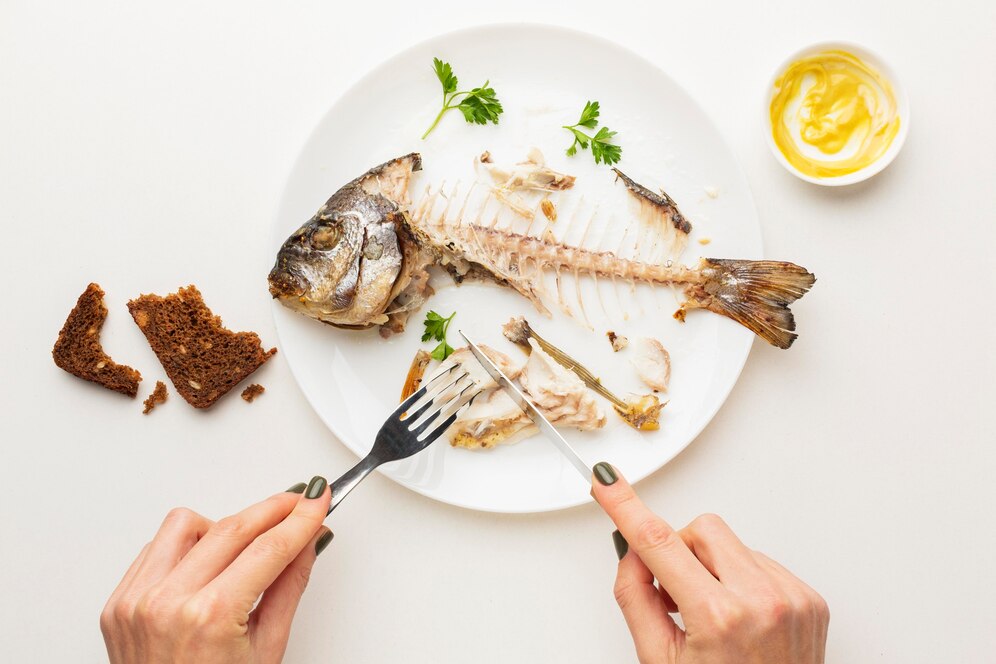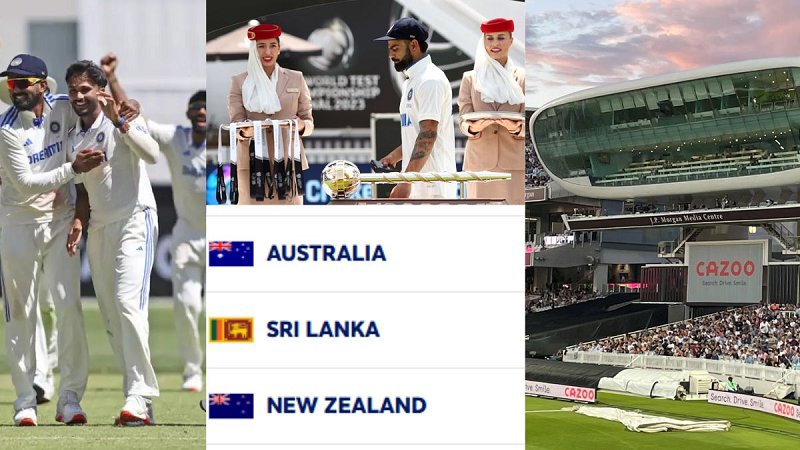Along with the joys and happiness that the rainy season brings, it also brings some dangers, one of which is the consumption of contaminated fish. In monsoon, the risks of eating fish increase due to the human interface involved in the process of catching and purchasing it. Therefore, it is important to be a little cautious before consuming fish in the rainy season. Let us know what harm can be caused to you by consuming contaminated fish.

Why do fish get contaminated during rain?
Generally, we consume fish living in the water of ponds, small rivers, and canals in the plains. During the rainy season, dirt and garbage get mixed into these water bodies. Due to this, the quality of water and fish reduces. Consuming such fish in the rainy season can have toxic effects, such as increasing the risk of diseases like cold, stomach ache, fever, and diarrhea. Besides, the pesticides present in the fields also flow into the water which causes the death of fishes.
Apart from this, there may also be a deficiency of nutrients present in fish during the rainy season. Nutrients like protein, omega-3 fatty acids, vitamin D, and calcium are found in fish, which are essential for our health. Due to the lack of these qualities, people who consume fish during the rainy season may suffer from nutritional deficiency, which can affect their health.

Take care of these things
Therefore, caution must be taken before consuming fish in the rainy season. Before buying the fish, check its quality. If live fish is available in the market, give preference to buying it. Check the mango gills and buy them only if they are red. Often the gills of contaminated or old fish turn black. Apart from this, while cutting the fish, check the color of the blood, if it is red then only eat it.
(PC: Freepik)










